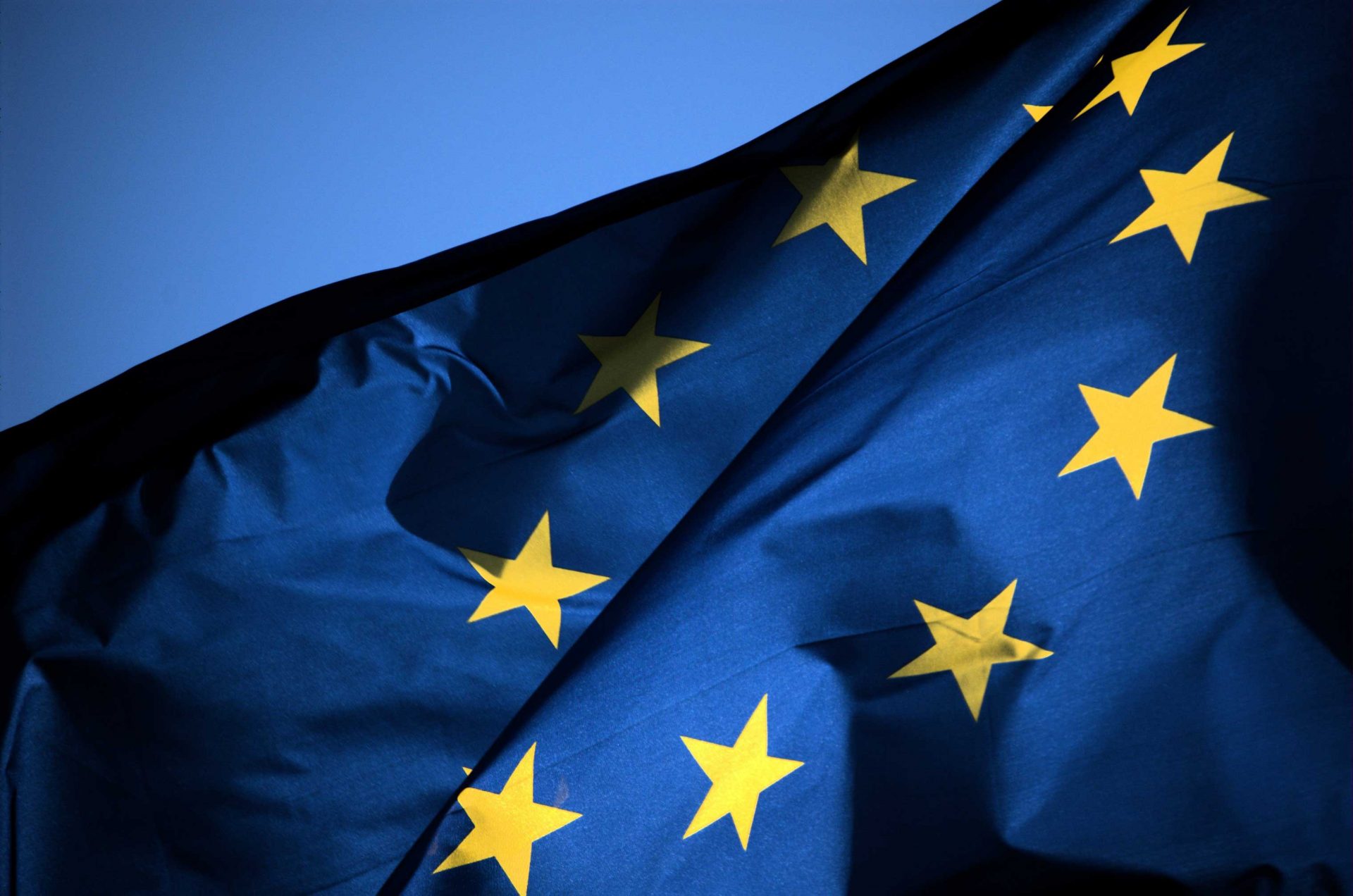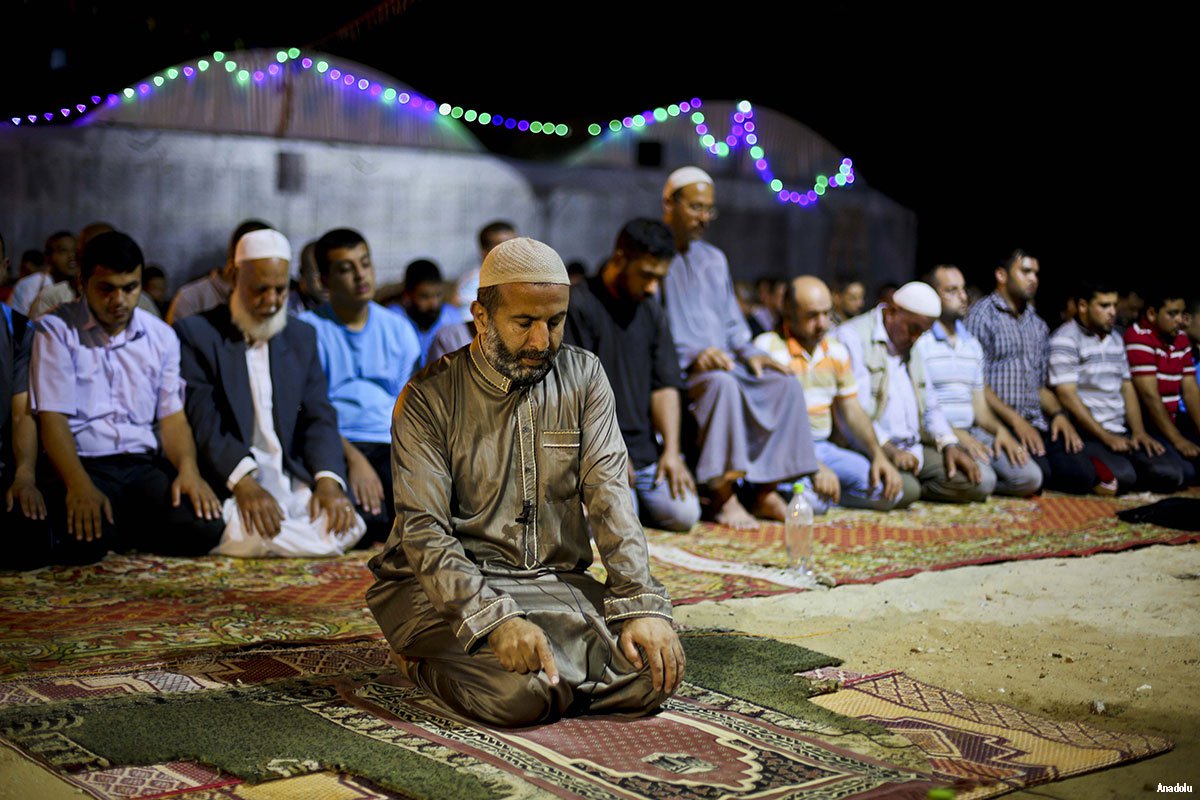
The European Union is at a turning point, and 2019 will be the major benchmark in this process. If it all goes according to planned, the UK will leave the EU in March, and two months later, the European elections will be held in a Union of 27 States. Brussels aims to reconnect the European project to the people, and to get rid of the technocratic, elitist image of the EU institutions.
However, it does not seem as if every possible effort has been made in this sense. The 2019 elections will be the first ones to be held after the departure of the UK, a country that accounted for 73 of the 751 seats in the current Parliament. In February 2018, the Parliament decided on what to do with those empty seats after Brexit, surprisingly resolving to cast aside any possibility of using them to create a transnational list that would have upgraded the democratic quality of the election, and of the role of the Parliament.
Instead, MEPs decided just to reduce the number of seats to a total of 705, increasing assigned seats to some under-represented States, but without reducing those of any other country. Thus, the opportunity that Brexit entailed for the configuration of the Parliament was left halfway.
On the other hand, the European political formations do not seem to foresee widely participative processes to choose their candidates, which will most likely be elected in big party conventions between November and February. In fact, not even the Spitzenkandidat process is ensured. This institutional procedure was already introduced after the last suffrage, leading to the election of Jean-Claude Juncker as President of the Commission in 2014.
The Spitzenkandidat process is a basic democratic guarantee that provides for the leader of the party with most support in Parliament to be appointed President of the Commission. It is not enshrined in the Treaties, but rather agreed between the EU institutions and the States in application of Article 17 of the Treaty of the European Union, which establishes the following:
Taking into account the elections to the European Parliament and after having held the appropriate consultations, the European Council, acting by a qualified majority, shall propose to the European Parliament a candidate for President of the Commission.
The problem is that, despite having already used this process in 2014, and despite the massive criticism currently widespread through Europe on the EU democratic deficit, some national governments may attempt to return to the previous system, in which the European Council directly chose the person in charge of the most powerful office in the EU.
The Parliament has already rejected that possibility, stating that the Spitzenkandidat system is here to stay. If an agreement is not reached, an institutional clash could block the Union, and considerable leverage would be left for populist and Europhobe forces – but national capitals remain naturally opposed to sovereignty cessions, and this seems to include Spitzenkandidaten.
National leaders intend to retain as much influence in Brussels as they can, especially regarding the deep reforms the EU should go through in the medium term. This is probably the reason why it is not yet known how the party of President Macron, La République En Marche (LREM), will take part in the election. One name to take into account regarding this issue, from now until the election, is that of Pieyre-Alexandre Anglade, the man of Macron and LREM in Brussels.
If the French formation finally agrees to some form of integration with its natural equivalent in the European Parliament (the Alliance of Liberals and Democrats for Europe or ALDE, currently third largest group in the EP), their combined force could even challenge the otherwise uncontested majority of the EPP. The conservatives are also expected to be the largest group in Parliament after the election, in contrast with the expected downturn of the socialists (S&D).
Thus, EPP, ALDE, and S&D will probably negotiate and trade names for the top EU posts, with the considerable limitation of national interests. This is the reason why no accurate predictions can be done before President Macron clarifies his position (and his party’s) towards the election, given their heavy influence. The possibilities of some EPP top names for the Commission presidency, like Michel Barnier (FR), are still pending on Macron’s position (and on the Brexit outcome).
The same can be said about any options of a liberal from ALDE being proposed for a top post, as support from LREM would surely be needed. The name of Margrethe Vestager (DK) is among the options for the Commission presidency; although she can be regarded as closer to President Macron and his reformist views, several countries may have doubts about a president from Denmark, the country with the most opt-outs from the EU alongside the UK. Other important names to take into account would be Frans Timmermans (NL-S&D), Federica Mogherini (IT-S&D), Alexander Stubb (FI-EPP), Jyrki Katainen (FI-EPP), and Helle Thorning-Schmidt (DK-EPP).
The election will have to deal with the expected Russian meddling, as well as populist and Europhobe formations, after a year that will be marked by reforms, migration, Brexit and the very campaign. The stance of the Visegrad countries is also yet to be defined, although some worrying news are already arriving.
In Poland, the parliament has passed an amendment to the electoral law that will affect the 2019 European election, multiplying the minimum threshold by more than 10 times, and virtually leaving Law and Justice (PiS) and possibly Civic Platform (PO) as the only parties with seats. The draft law was passed without consultation and with PiS refusing a public hearing demanded by the opposition.
In addition, the election will have to deal with the same recurring democratic flaws as in previous suffrages. Thus, national parties will most probably focus on national debates and issues instead of adopting a European perspective, although the latter might have more presence than in 2014.
Candidates for the presidency of the Commission, the most powerful office in the EU, will be widely unknown to the public, and so will be their proposals and programs for the next 5 years. Whoever gets to run for these top posts will surely have a hard time fighting to legitimise the institutions, while keeping balance with national interests.



